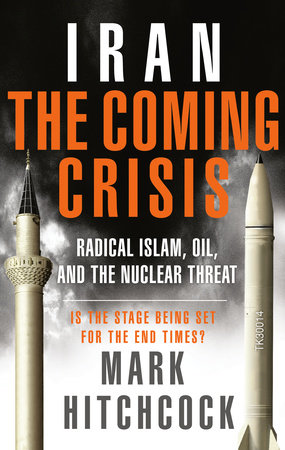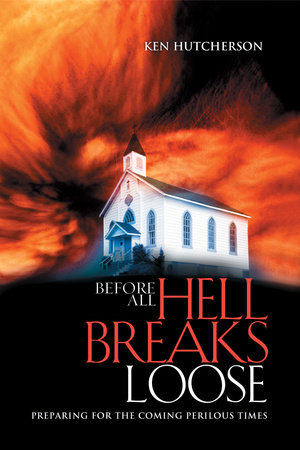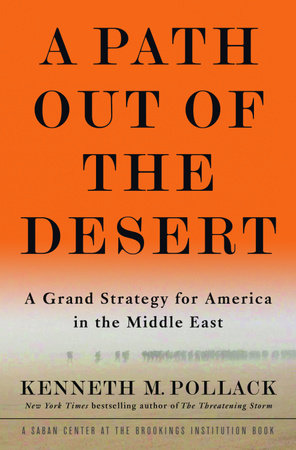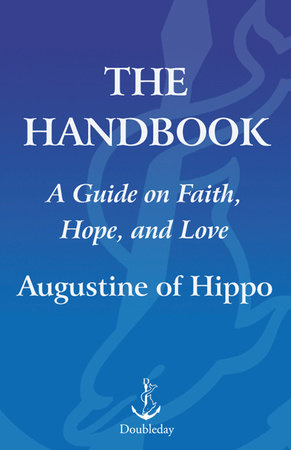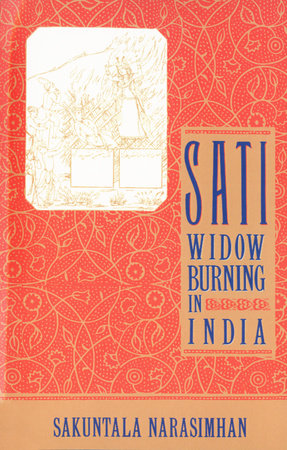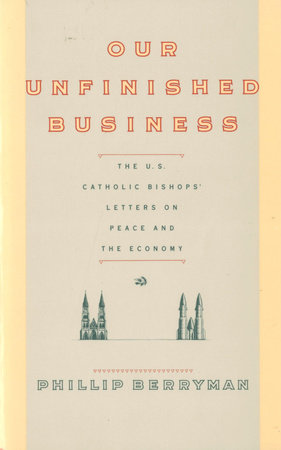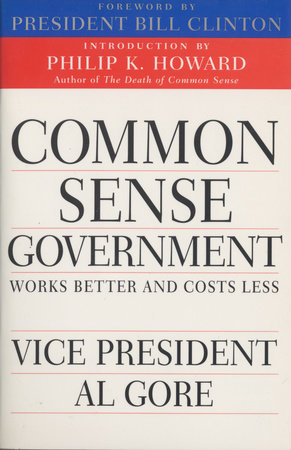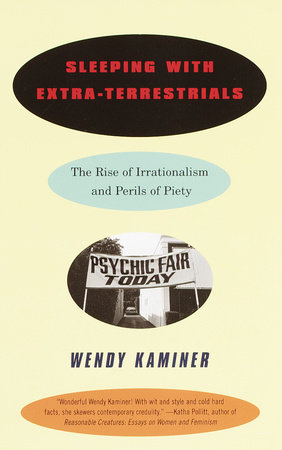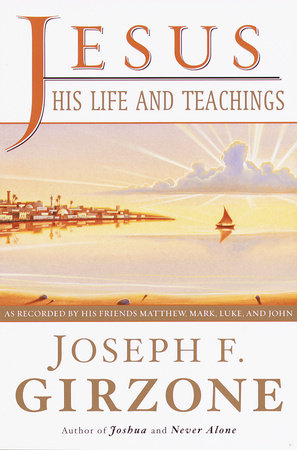Author Q&A
What led to you researching and writing the original article for The Walrus magazine that this book is based on?
When I moved back to Canada in 2002 from my second stint as a journalist in Washington, D.C., I thought I was coming back to a country I knew well. But I had arrived just as the debate over same-sex marriage was building and suddenly I had a sense of déjà vu: the same inflammatory rhetoric that I’d heard in the U.S. was surfacing here. Equally unsettling was the fact that most of the Canadian mainstream media and academic experts seemed to be in a state of denial, insisting that a religious right could never take root in this country where tolerance and moderation were prized. But those dismissals too had a familiar ring: for years, I’d heard American pundits declaring that the religious right was a passing political trend and repeatedly announcing its demise. By the time most of them woke up to the fact that a new political force had been unleashed, Ralph Reed’s Christian Coalition had effectively commandeered the Republican Party and taken over both houses of Congress, and would later go on to help put George W. Bush in the White House. I didn’t want to see that happen here.
In researching that article and this book, what did you find out that most surprised you? Had you any idea beforehand of the extent to which the Christian right had become politically involved in Canada?
I knew that a new generation of outspoken evangelical leaders had emerged during the same-sex marriage debate, but I was surprised, even back in 2006 when I was researching the Walrus piece, at the extent to which they had put down long-term roots in Ottawa. At the time, there were three or four major organizations, including a think tank called the Institute of Marriage and Family Canada, which was founded by the Canadian branch of James Dobson’s Focus on the Family. But since then, their influence has continued to grow — most of it unremarked in the media — and new organizations have burst onto the scene, some with sophisticated training programs to groom Christian youth for jobs in the government and the public service. Still, when I researched the Walrus article, Stephen Harper was keeping his overtures to conservative believers largely under wraps. Now, he invites them to VIP receptions and sends blessings to their rallies. Most important of all, he has put forward an increasing number of policies openly aimed at currying their favour. That’s been the biggest change — and surprise.
How difficult was the research? How hard was it to get the organizations and Christian leaders that you write about to talk to you on the record?
Initially, I found most of the leaders quite open, and several phoned to congratulate me on the Walrus piece. For some, it was the first acknowledgment of their growing clout and they were delighted that they were being given credit they felt was long overdue. But after it became clear that the Conservative government was not at all pleased with my Walrus story, especially its cover line — “Jesus in the House: Is the Religious Right Taking over Stephen Harper’s Government?” — many suddenly clammed up, which made the research doubly difficult. In the end, their wariness may have been a blessing: I was obliged to attend their rallies and conferences and pay careful attention to their tapes and web postings, using their own words and claims rather than the answers they might have crafted for an interview.
To what extent was the legalization of same-sex marriage the catalyst for the Christian right’s political organization? Would it have happened anyway?
Same-sex marriage was an issue perfectly tailored as an organizing tool for the Christian right: for many who call themselves Bible believers, it struck at the notion of biblical literalism — the same reason that creationism persists as such a polarizing topic today — and it also threatened the notion of the traditional family, which many conservatives already see as under threat. But the bonus of that issue for political strategists like Stephen Harper, who was setting out to broaden his new Conservative Party at the time, was that it also cut across religious and ethnic lines, appealing to conservative Jews, Hindus, Sikhs and many others in ethnic communities who had long voted Liberal. That’s one of the unique elements of the growing religious right in this country that Harper figured out early: many of the so-called family-values policies designed for conservative Christians appeal to the social conservatives in other faiths as well.
Without the catalyst of same-sex marriage legislation, it seems unlikely that the religious right in this country would have grown as fast or that the big American televangelical ministries would have taken such an interest in our political process, investing time and capital in the creation of a long-term organizational infrastructure here. The only other issue with equally explosive organizing power, I believe, is abortion, but it is also far more politically risky and polarizing, even within the Conservatives’ own ranks.
Do you believe there should be an official separation of church and state in Canada? Or are there ways in which religious involvement is beneficial to the state?
Obviously, politicians and voters have always been guided by their own spiritual impulses, but in Canada, where we have no constitutional separation of church and state, we have a history that is both contradictory and complex. For decades, federal governments have acted with an unspoken nod to the notion of keeping the affairs of church and state separate — there seems to be a pervasive reticence among Canadians to mix the two — while in the U.S., despite its constitutional amendment, religious leaders have nonetheless succeeded in hijacking whole swaths of the political process. Still, we’ve had provincial governments, notably in Alberta and Saskatchewan, where the premier was also a man of the cloth: William Aberhart, Ernest Manning and Tommy Douglas were all preachers, and Aberhart and Manning continued their radio ministries even after they took office. In Quebec under Maurice Duplessis, the Roman Catholic hierarchy essentially ran the province.
But with no U.S.-style constitutional provision here, I do believe that it’s all the more dangerous to promote the idea of turning this country into a “Christian nation,” as some groups in Ottawa would now like. It would be an exclusionary move that could only further polarize a country that has become increasingly diverse. Nor should we forget that history is littered with wars that Christian groups have waged against each other. Think Northern Ireland.
If Harper were to win a majority government, how much of the Christian right’s agenda do you think he would attempt to enact?
I would never pretend to know the mind of Stephen Harper, but he has admitted himself that he is a cautious fellow — more inclined to put forward incremental policy changes than to take radical, showy steps. The other thing to remember is that, unlike in the U.S., there aren’t enough social and religious conservatives in Canada to ensure Harper a majority government; he needs to cater to economic conservatives, and occasionally even Red Tories — or the few that still exist — if he wants to win a majority and then keep it in elections to come. Thus, many of his policies have been expressly tailored to please both groups; for example, by killing the Liberals’ national daycare proposal and giving families child-care allowances instead he delighted both the family-values crowd and fiscal conservatives, who want the state out of social programs.
Still, whatever Harper does, he likes to have all his chess pieces in place before he makes a definitive move. We aren’t likely to see what he is up to unless we are paying very careful attention indeed. I’m reminded of the old French adage about how to cook a frog. Never drop the creature into boiling water: it will jump out before you can get a lid on the pot. Instead, place it in a nice room-temperature bath and turn up the heat; by the time the frog senses the danger, it’s cooked.
What sort of reaction do you expect this book to receive from the Christian right in Canada?
In a word: mixed. Because one of the main points, I try to make in the book is that not all evangelicals or those in the Jewish community think alike. Many evangelicals are decidedly left-leaning and/or liberal, and like their counterparts in the U.S., they decry how the political right has publicly hijacked their faith. Or they may cherish the notion of creationism, but also embrace environmentalism, not for scientific reasons but because it amounts to “creation care.” Above all, I was determined not to caricature or mock those conservative Christians I disagree with, as they feel the mainstream media has always done: I’ve tried to give them their say and not diminish their sense of mission. I’m hoping many will see the book as an acknowledgment of their growing power, not as an attack on their faith.
If Harper and the Conservatives were to lose the next election, what do you think that would mean to the religious right?
I think the Canadian religious right is here to stay, no matter who is in power. That is, in fact, the point of my final chapter. Even the Liberals and New Democrats have made attempts to reach out to the faith community so they are unlikely to denounce the growing role of religion in politics. Also, the issues themselves are not going to disappear: Harper may have declared he had no intention of introducing abortion legislation, but for the second time in three years one of his MPs has introduced a private member’s bill that would place limits on abortion, which stands a good chance of gaining support in the House. And look at the uproar over his refusal to include abortion as part of his G8 summit initiative on maternal and child health care around the world. Scarcely a day passes without another moral issue surfacing in the news. Now, with baby boomers feeling intimations of mortality, the question of assisted suicide — which conservative Christians like to call euthanasia — threatens to become the next hot-button issue.
Why did you call the book The Armageddon Factor?
That title popped into my head when I was researching my Walrus article, and I was more than a little amused when a British book editor recently suggested I had borrowed it from a 1970s science-fiction serial on the BBC — a broadcast of which I was blissfully unaware. For me, the phrase summed up my growing realization that the most militant members of the Christian right — from Christian Zionists to what I call “Christian nationalists” — were all driven by the same profound and pressing conviction that the final days are now at hand. In person and in their writings, they were constantly matching current events with the cataclysmic portents described in the Old Testament prophets and the Book of Revelation, which helps explain their sense of urgency, both about remaking this country as a distinctly Christian nation and supporting an unequivocally militant policy in the Middle East. The most alarming result of that preoccupation is the fact that many aren’t afraid of a nuclear conflagration in the Middle East — indeed, some appear to welcome such a development as the necessary biblical pre-requisite before the Battle of Armageddon and the Second Coming of Christ.
On the cover of the book, in very faint type, are the numbers 7, 2 and 8. What is the significance of that?
The numbers refer to Psalm 72, Verse 8, the national motto: “He shall also have dominion from sea to sea, and from the River to the ends of the earth.” For many Christian nationalists, the choice of that motto and the designation of Canada as a dominion was an act of divine intervention — one that showed God had great plans for Canada in the final days of life on earth. The verse is also inscribed on the Peace Tower, where they often gather to pray, and when the Peace Tower clock suddenly stopped on Dominion Day in 2006 at 7:28 a.m. — the exact numbers that correspond with the Psalm — they saw it as yet another act of God, this time warning Canadians that they better repent of their legislative missteps before it’s too late. As it turns out, the book’s graphic designer was so taken with that anecdote that, unbenownst to me, she worked in a subtle reference to it on the cover that I didn’t see until after it was published.



